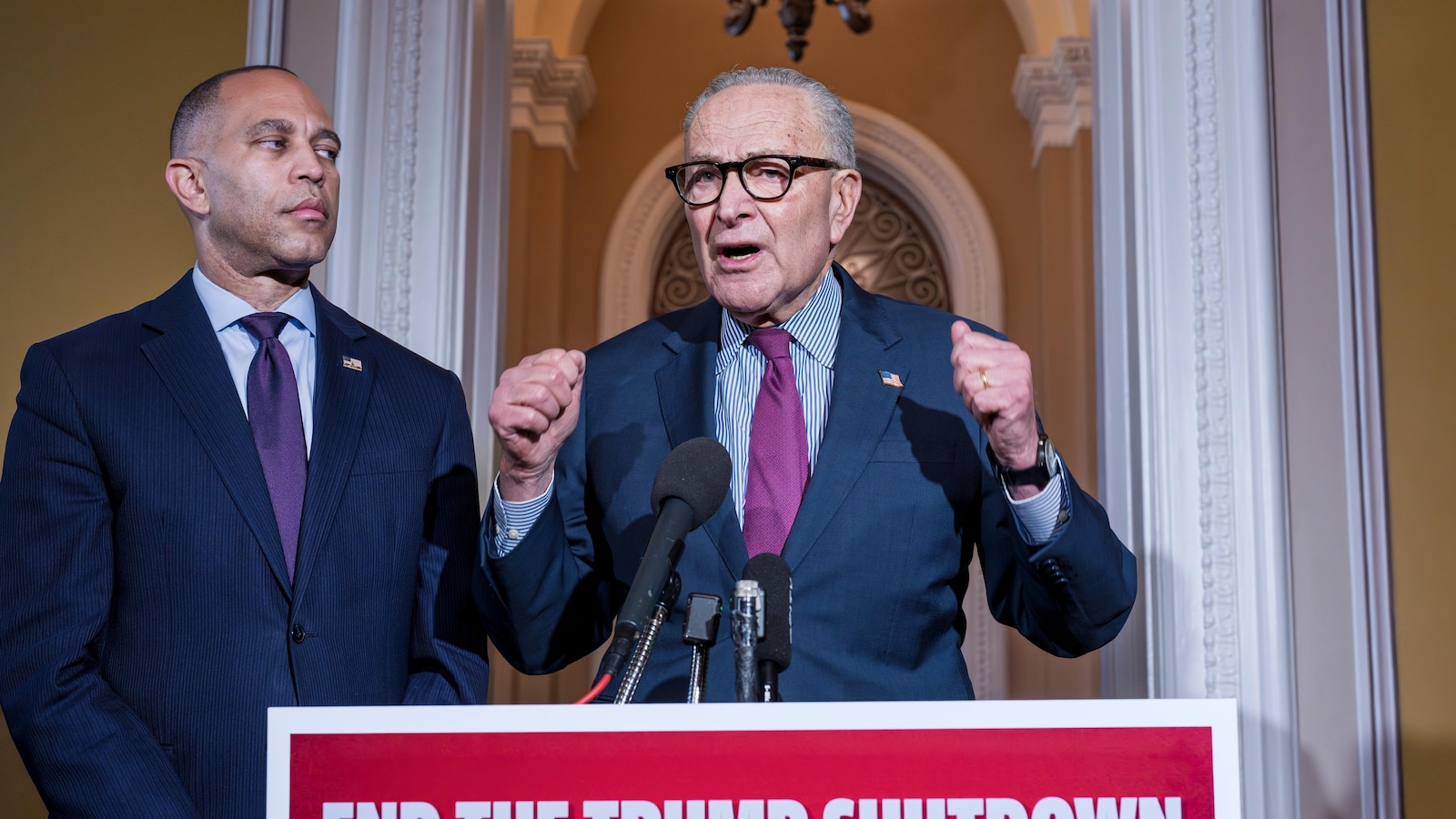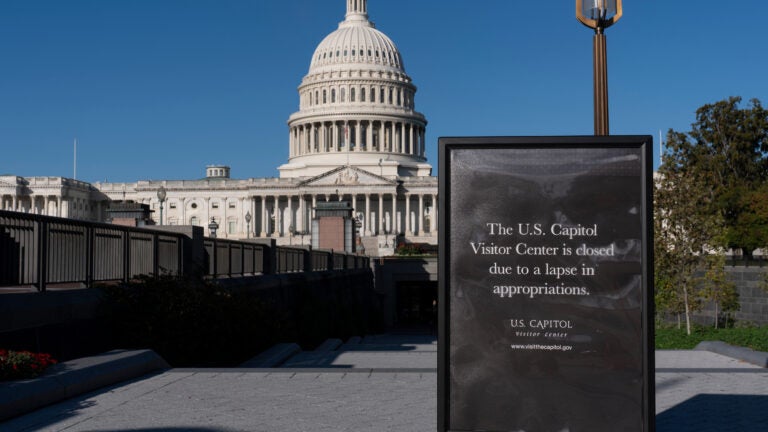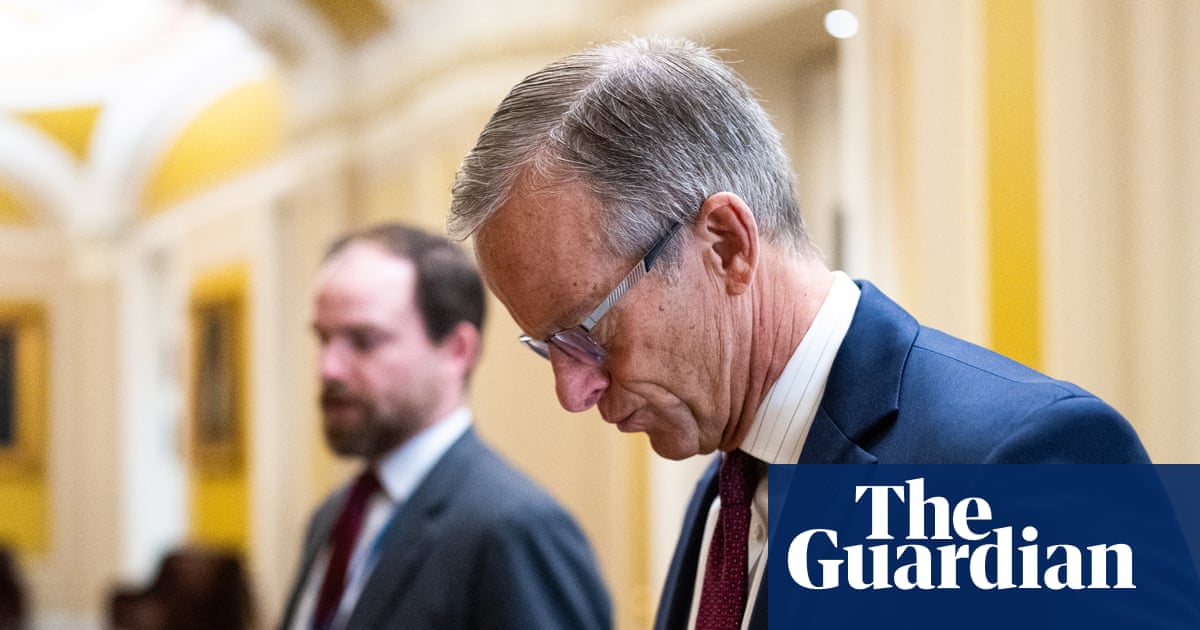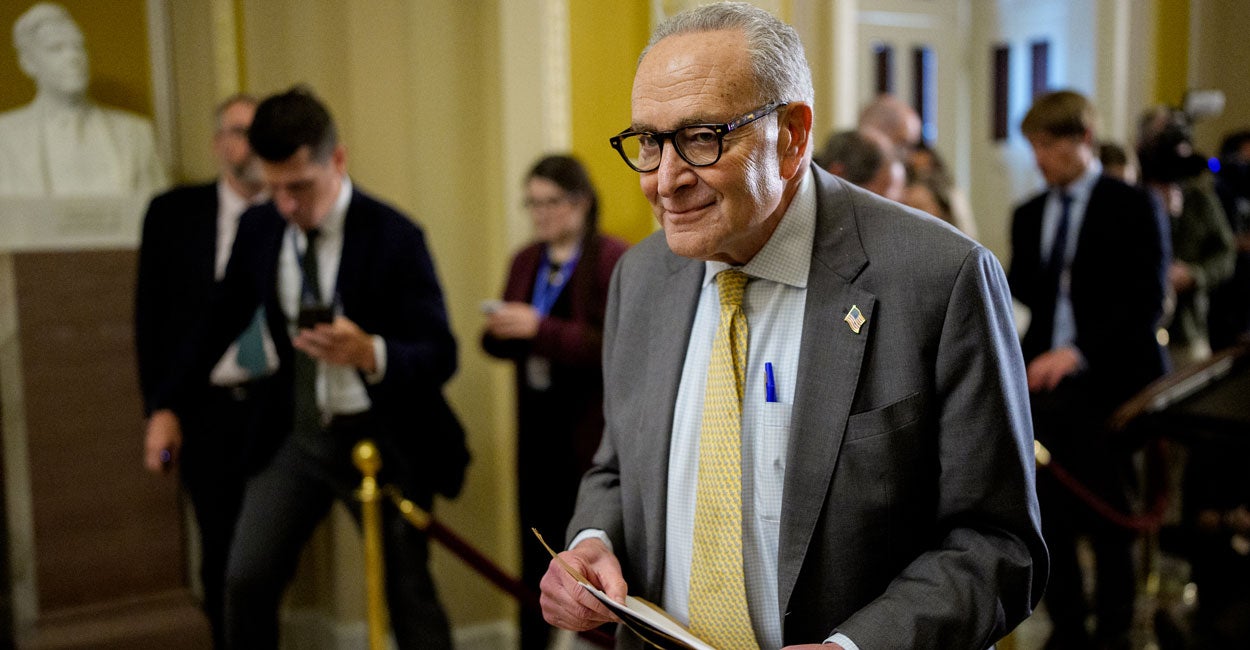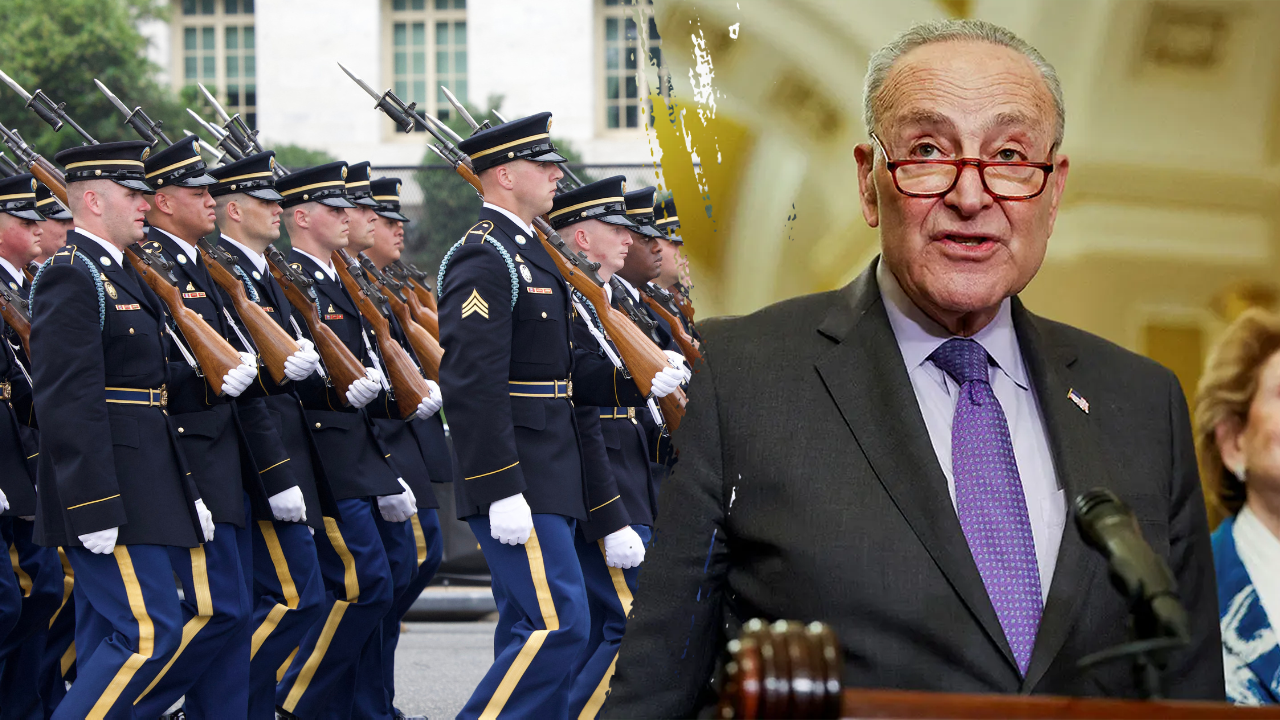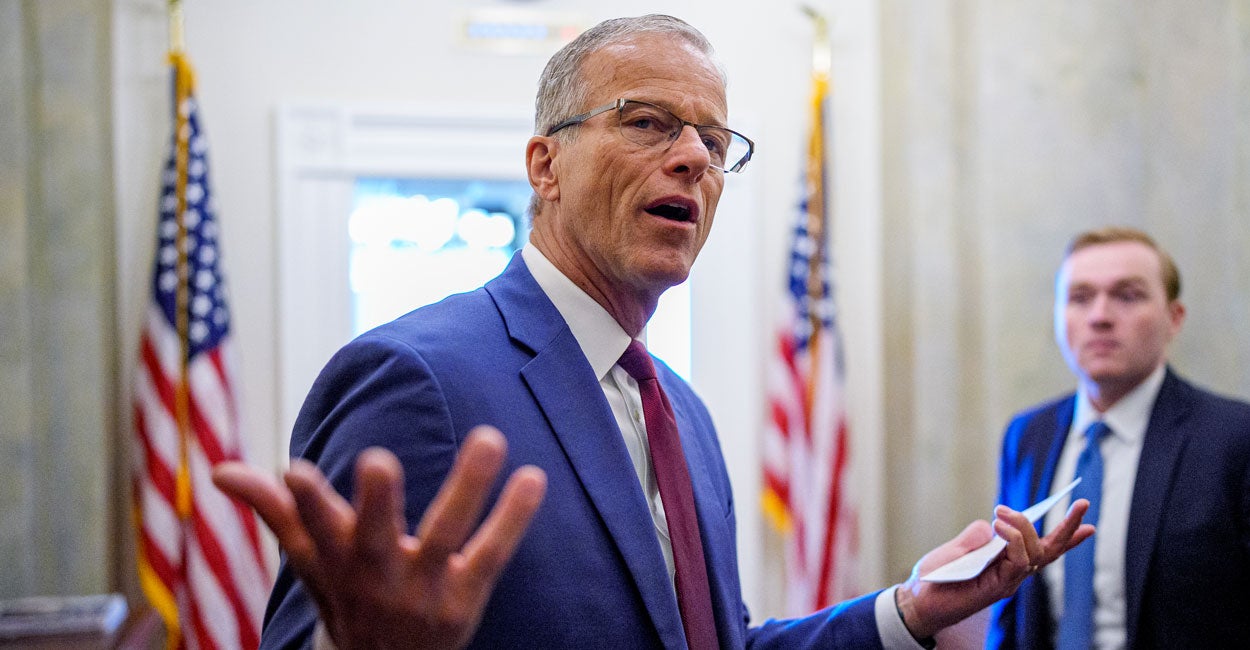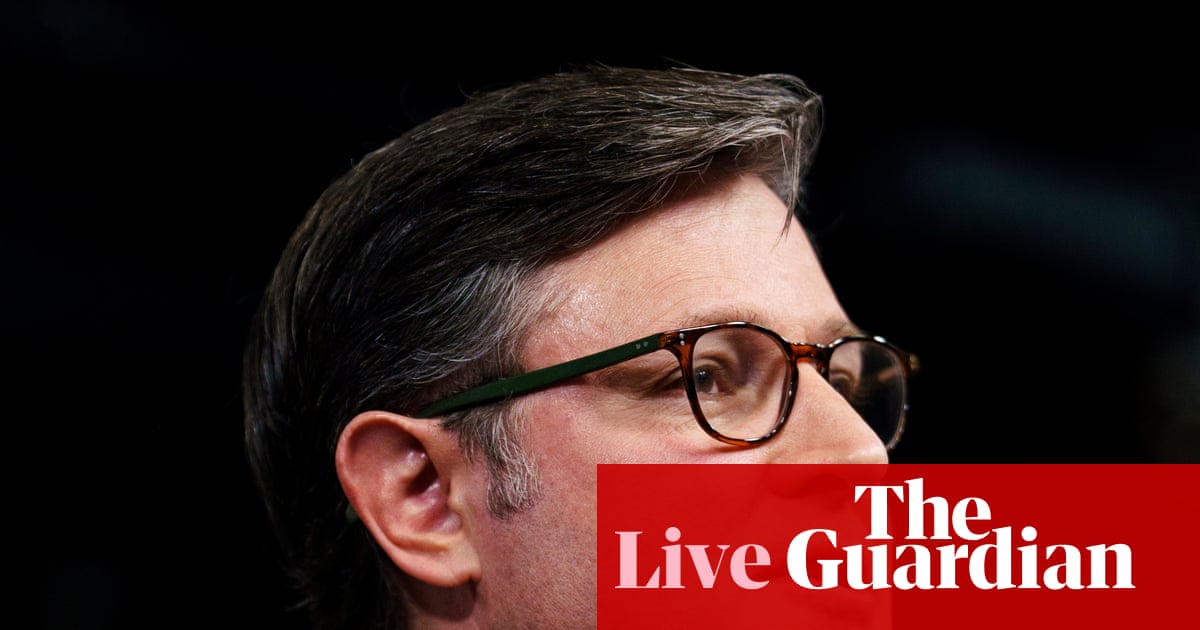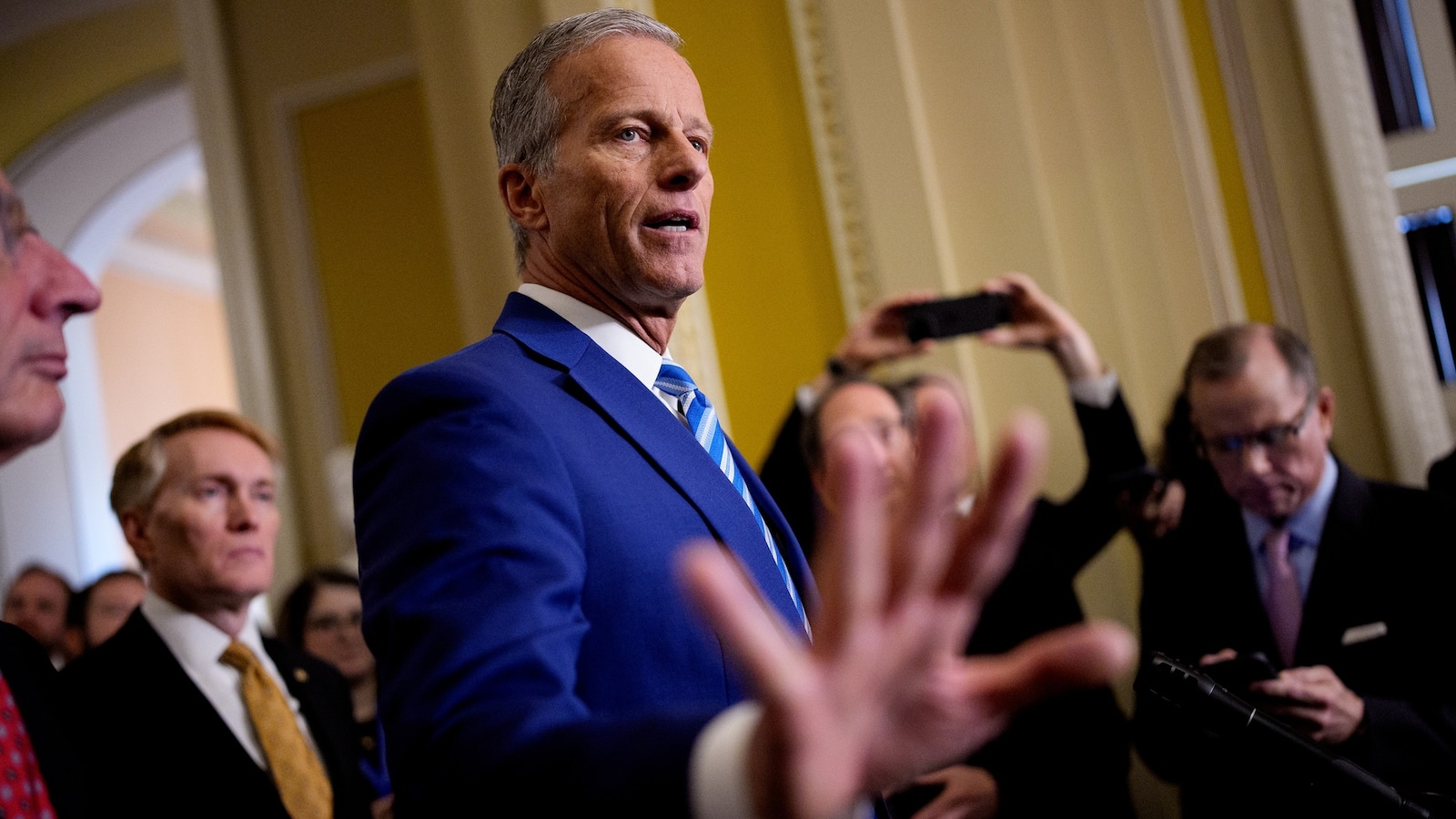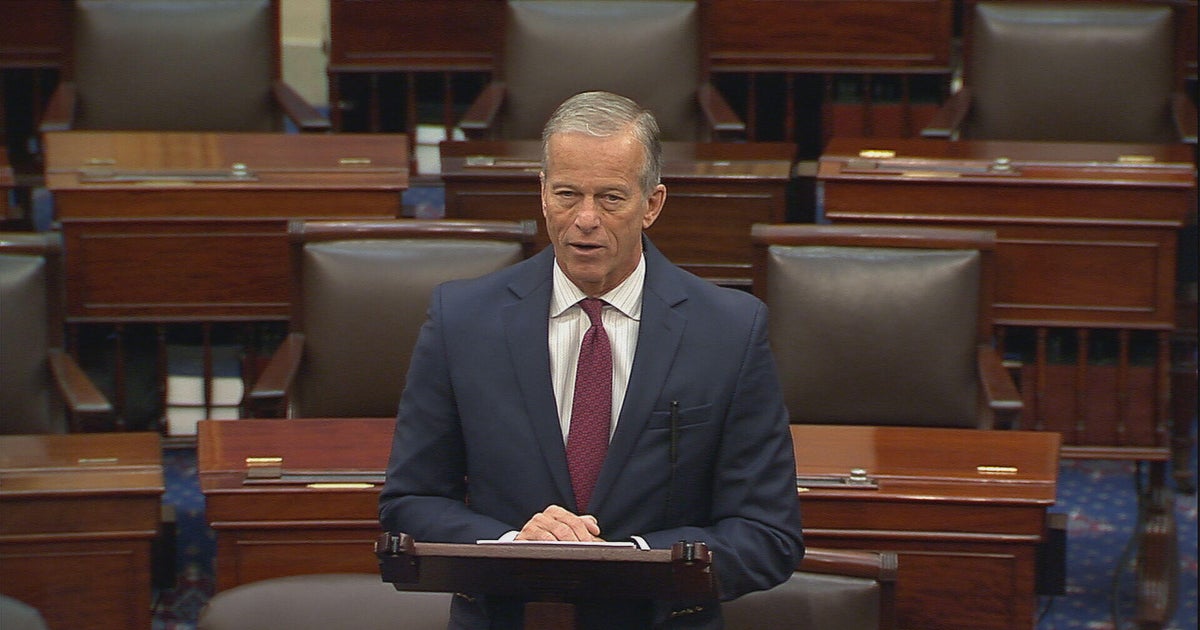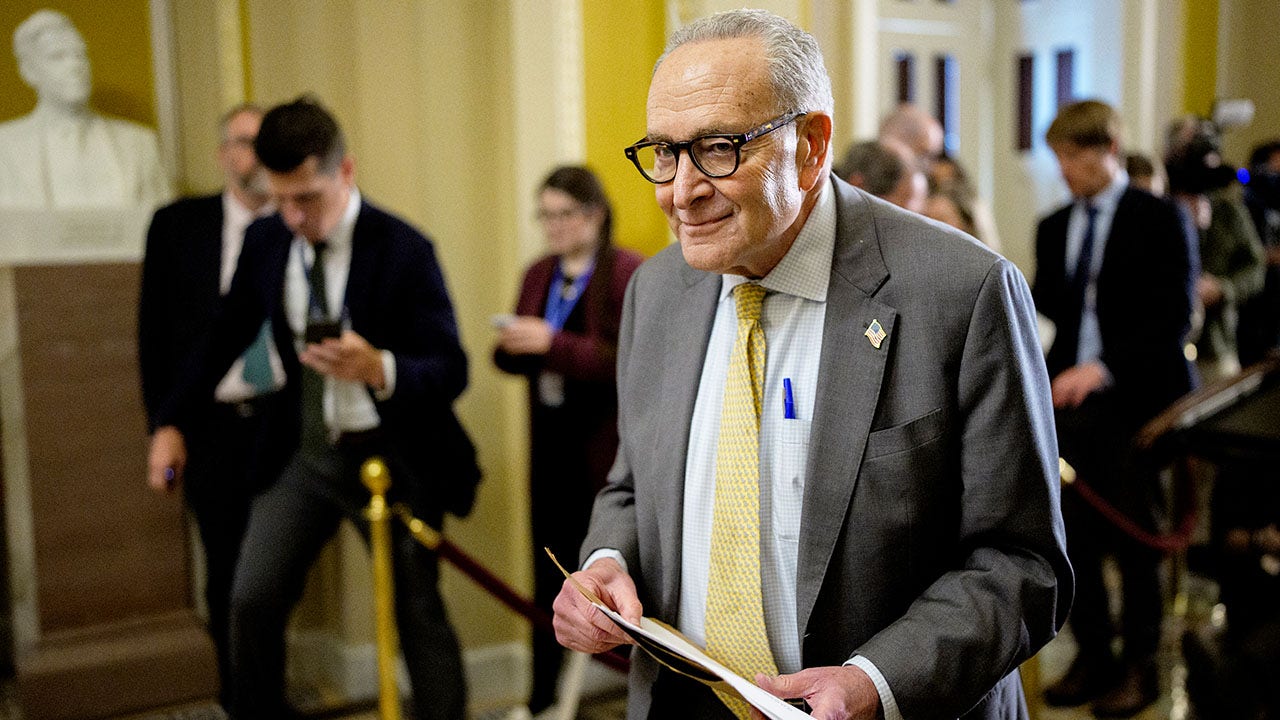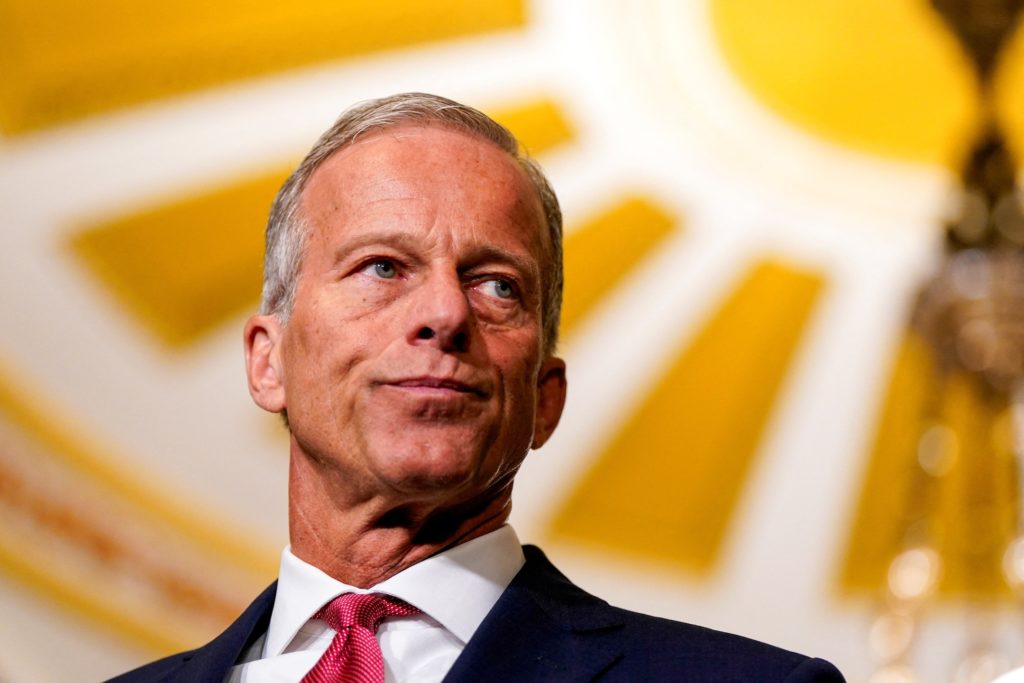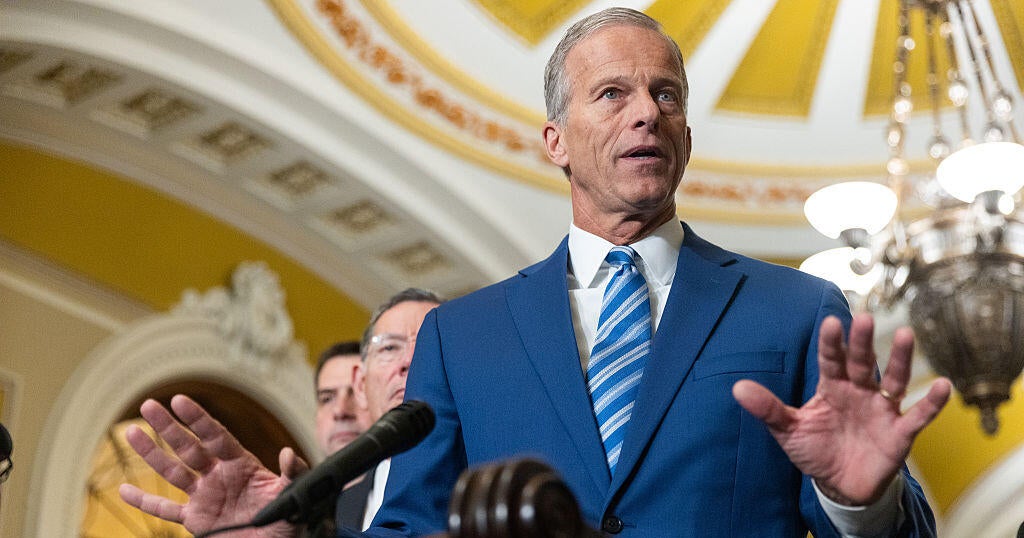Government Shutdown Persists as Trump Shows Little Interest in Negotiations Despite Democratic Calls
The government shutdown continues as President Trump remains disengaged from negotiations, despite Democrats' repeated calls for his involvement and ongoing gridlock over ACA subsidies.
Overview
- The government shutdown continues into its third week, marked by a legislative standstill as Democrats and Republicans remain deadlocked over funding and policy demands.
- President Donald Trump has shown a lack of urgency and minimal interest in engaging in talks to end the shutdown, despite persistent calls from Democrats for his active involvement.
- Democrats continue to insist on guarantees for extending Affordable Care Act subsidies and criticize Republicans for their perceived lack of seriousness in negotiations.
- Republican leaders refuse to negotiate until a short-term funding bill to reopen the government is passed, with Democrats having blocked GOP funding plans ten times.
- Amidst the impasse, a federal judge blocked the administration from firing workers during the shutdown, while Trump continues to implement his federal government vision.
Report issue

Read both sides in 5 minutes each day
Analysis
Center-leaning sources frame the story by emphasizing President Trump's perceived disinterest and lack of urgency in resolving the government shutdown, despite his significant influence over Congress. They highlight his administration's unilateral actions during the stalemate and portray the current congressional paralysis as a direct consequence of his top-down leadership style, making him central to both the problem and its potential solution.
Articles (18)
Center (6)
FAQ
Democrats are demanding guarantees that subsidies for the Affordable Care Act (ACA), including those that help lower-income Americans afford health insurance, will be extended as part of any deal to reopen the government[1]. Trump has dismissed these demands as 'crazy' and stated Republicans are 'just not going to do it'[1].
The Trump administration is using unconventional methods to manage the shutdown, such as continuing to pay military personnel while laying off other federal employees. However, critical programs like WIC (Women, Infants, and Children nutrition assistance) could run out of funding within days, placing vulnerable populations at risk.
The House has not been in session for a month, and the Senate left Washington without progress. Republican leaders refuse to negotiate until a short-term funding bill is passed, while Democrats are unwilling to support any deal without policy concessions on health care subsidies. This mutual intransigence has kept Congress at a standstill[1].
President Trump has spent the week focusing on foreign policy achievements—such as a ceasefire deal between Israel and Hamas—and hosting events for conservative activists, rather than engaging directly in shutdown negotiations. This suggests he does not view resolving the government shutdown as an immediate priority[1].
The immediate impact includes layoffs of many federal employees, while essential personnel like the military continue to be paid. Programs that support vulnerable populations, such as WIC, are at risk of running out of funding soon, directly affecting mothers, infants, and children[2].
History
- 18d

 4 articles
4 articles
- 18d

 8 articles
8 articles
